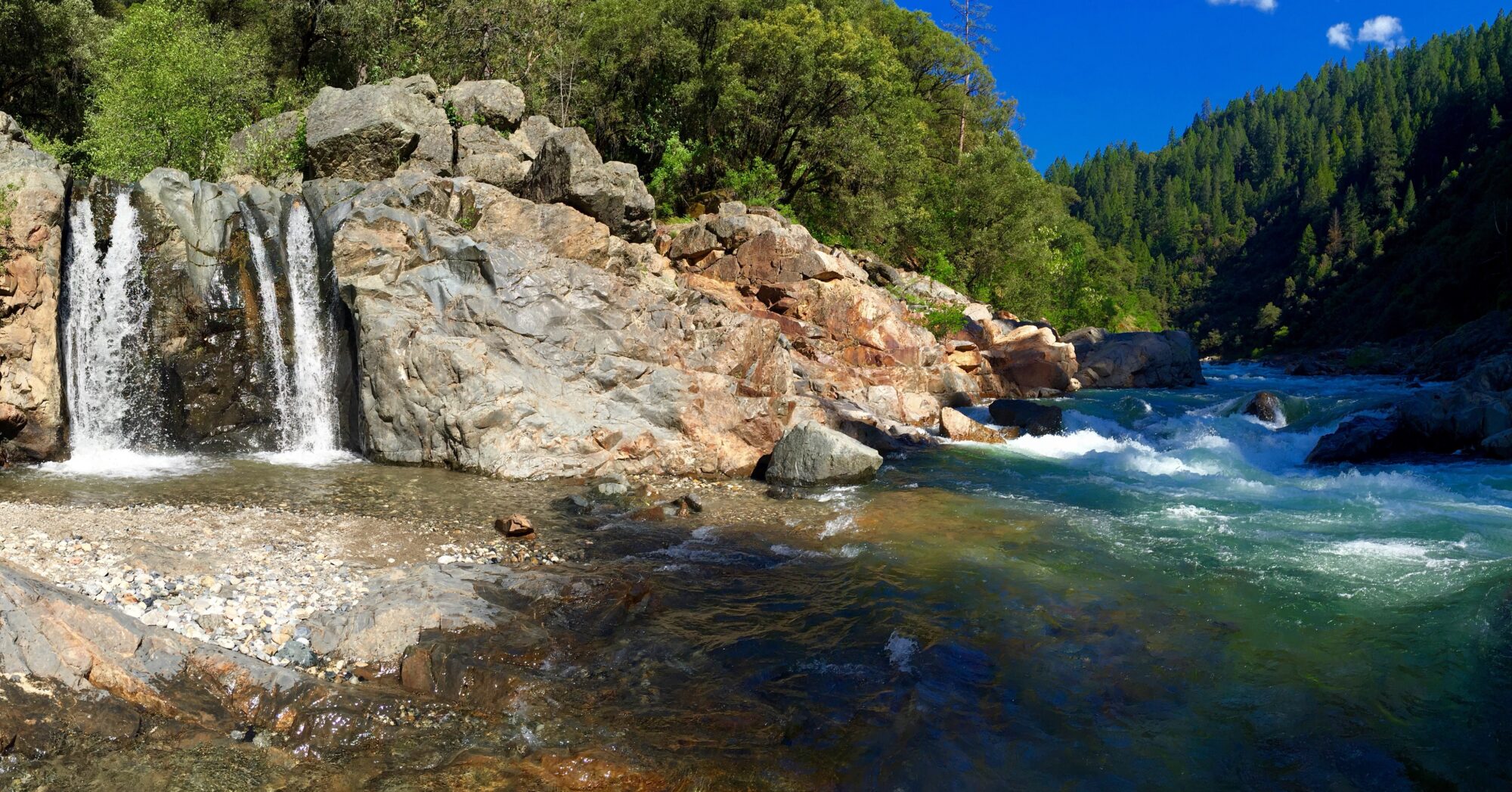
January is traditionally a time to set goals for the upcoming year – and California Coastkeeper Alliance has big plans for 2022. This year will mark the 50th anniversary of the Clean Water Act, landmark federal legislation that guides much of the work that Waterkeepers do. In 2022, and every year, we are laser-focused on achieving the clean water solutions that California so desperately needs to meet our climate goals and protect our communities and environment. Here are our top priorities for the coming year:
- California celebrates the Clean Water Act’s 50th Anniversary and we put the state back on track to make all waterways fishable, swimmable, and drinkable. CCKA plans to work with our local Waterkeepers and the State Water Board to highlight the many clean water successes over the years. But we will also be taking a hard look at what the state needs to do better to attain swimmable, fishable, and drinkable waters for all Californians. The Clean Water Act is 50 years old and yet 98% of all our waterways are too polluted to safely swim, drink, or fish. That is why CCKA is pushing for legislation to improve California’s clean water program, to advocate for innovative new clean water policies, and to enforce those that perpetually pollute our waters.
- Increase environmental justice representation and capacity at the California Water Boards. Historically, decision-makers representing state agencies used race to establish structures and systems that continue to deliver disparate outcomes, including environmental inequities. CCKA will work with stakeholders and the State Water Board in the coming year to address those inequities to ensure water quality impacts no longer disproportionately affect environmental justice communities.
- Prevent oil, grease, and zinc runoff from large shopping centers from flowing into our waterways and making them too polluted to swim. The federal Clean Water Act regulates stormwater discharges, but stormwater permits currently do not cover the large parking lots from large commercial areas like shopping centers and amazon fulfillment centers. These types of places with large impervious parking lots have been found to contribute large amounts of oil, grease, and zinc to our waters, making them unfit to enjoy.
- Protect California’s most outstanding waters. California has committed to conserving 30 percent of its lands and waters by 2030. CCKA is working to enact permanent, watershed-scale protections for the state’s most ecologically important and beloved waterways, by promoting Outstanding Natural Resource Waters designations in California, the strongest level of protection for waterways afforded by law – because California cannot conserve 30 percent of its land and waters without strong clean water protections.
- Stop microplastics from polluting our waterways. CCKA will prevent the release of plastic microfibers by advocating for wastewater recycling and stormwater capture, while also advancing legislation to prevent these microplastics from entering our waterways in the first place.
- Ensure our waterways have enough flowing water to protect salmon and other aquatic life. Over-pumping groundwater continues to have significant, harmful effects on the flow of California’s rivers and streams. The current drought only makes this problem worse, and restricting surface diversions alone merely drives more groundwater pumping. Groundwater connected to surface waters must be managed so that we can endure the current drought crisis and be more resilient for future drought extremes. Responsibly regulating groundwater use protects water users, as well as fish and wildlife.
- Protect California’s waterways from unregulated nutrient and bacteria pollution from equestrian centers and other industrial factory farms. Livestock produces manure and other waste that pollutes our rivers and groundwater aquifers – and can be a big problem for California’s waters. Left unmanaged, nutrients and bacteria from these facilities wash into nearby rivers and streams and can exacerbate the presence of harmful algal blooms, which can make people sick and are deadly for dogs. In California, however, hundreds of livestock facilities remain unpermitted without any oversight or protections for our rivers or surrounding communities.
- Adopt water quality protections for Marine Protected Areas (MPAs) to ensure they thrive as climate change ‘hope spots.’ Our oceans are at a tipping point. Climate change is causing warmer waters and the most significant change in ocean chemistry in 50 million years. MPAs are proven to provide a buffer to climate change and human disturbances compared to unprotected areas. However, California’s coast is regularly inundated by pollution with no water quality protections for MPAs. When it rains, the water flows through streets, storm drains, and gutters and into our waterways and ocean, carrying pollutants that make swimmers sick and harm marine life. CCKA will leverage existing, underutilized tools to improve water quality within MPAs and protect the health of California’s coast while helping the state meet its ocean protection goals.
- Overturn the Water Boards’ decision to permit the marine destructive Poseidon-Huntington Beach Ocean Desalination Facility. Last year,the Santa Ana Regional Water Board voted in favor of adopting the Huntington Beach Desalination Permit, allowing the for-profit corporation to withdraw 107 million gallons of ocean water per day for the next 50 years, killing marine life upon intake. The permit allows Poseidon to use the same intake and discharge pipes which were previously outlawed for the adjacent power plant due to their destructive impacts on marine life. We will not let this harmful practice become the standard in addressing California’s water security issues.
- Ensure statewide stormwater permits hold polluters accountable for their urban runoff. As the statewide experts on stormwater, CCKA has successfully advocated for some of the nation’s strongest water quality protections within stormwater permits. Now, CCKA is working with our local Waterkeepers to ensure that four upcoming statewide stormwater permits continue to set a high standard for the state’s stormwater program.
- Make the California coast more resilient to climate change by setting an Ocean Acidification Water Quality Standard. The oceans are absorbing an unprecedented amount of carbon dioxide released by human activities. As a result, ocean waters are becoming more acidic, making it harder for calcifying species to form their shells, altering the fish behavior, and changing the structure of entire food webs. This phenomenon, known as ocean acidification (OA), is occurring around the globe as a direct impact of climate change. Emerging studies suggest that anthropogenic nutrients from wastewater discharges, stormwater runoff, and farming contribute to OA. California must better manage and treat its wastewater to prevent polluting and acidifying our coastal waters.
- Ensure all of California’s waterways are trash free by 2030. In 2015, California made history by adopting the first-ever statewide Trash Policy. The Policy calls for local communities to install trash capture devices to make all waters trash free by 2030. CCKA will ensure the California Water Boards adequately require compliance with the Trash Policy.
Your support makes CCKA’s work possible. Become a member today and help to advance swimmable, fishable, drinkable waters for all Californians – this year and for generations to come.

Executive Director Sean Bothwell leads CCKA’s initiatives to fight for swimmable, fishable, and drinkable waters for all Californians.



